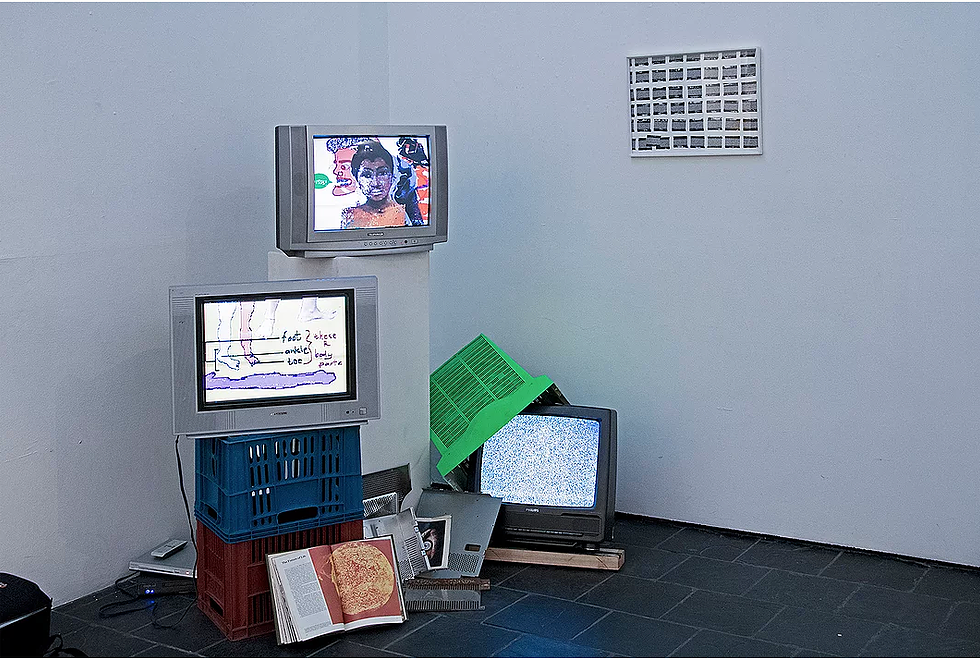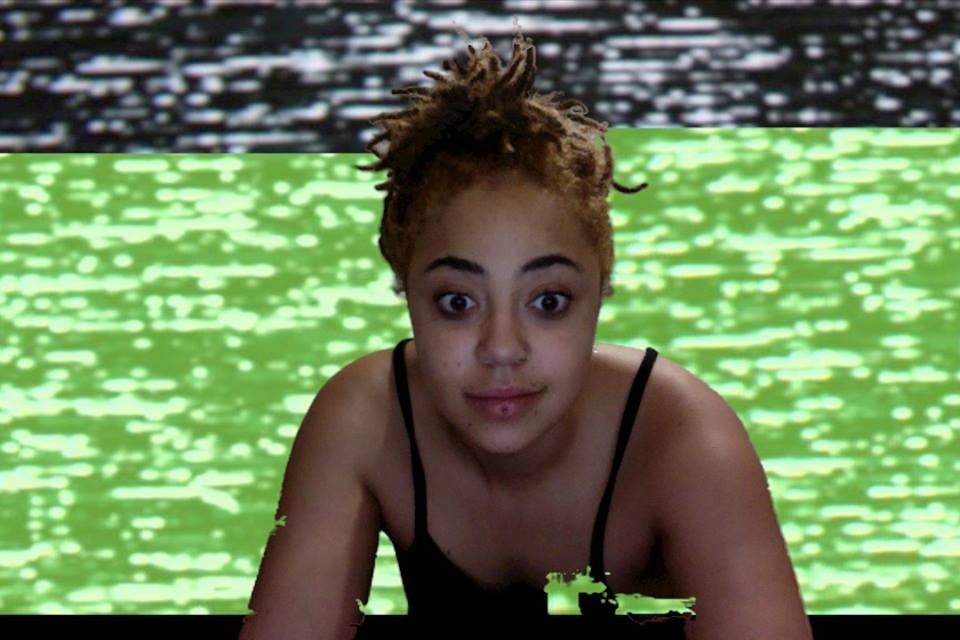As part of her two week residency with Floating Reverie, artist and writer Thulile Gamedze put together an interactive online “course” to think through South African education and art history. We had a conversation about why she considers herself an “education nerd” and the aims she had for the course.
Reflecting on her undergraduate years at Michaelis School of Fine Art, Thulile expresses her gratitude at being able to study Fine Art as well as the guidance it offered in being able to read visuals. However, she also reflected on the discomfort she felt within the education space, particularly after she graduated and became part of the Rhodes Must Fall movement. With her interest in writing coinciding with her being part of student activism, Thulile was able to pin point the root of this discomfort within university spaces. She also realized that this can be translated to the art world as “all these institutions operate with similar power dynamics”. Mimicking the course codes used at UCT, the course WOW_3000ZF aims to think about the fact that many parts of our society that were once very political have now become de-politicized and commercialized.
Thulile has a desire to invest in ways to produce knowledge that fall outside of traditional learning spaces, and the potential that these non-institutionalized spaces have for being able to learn about the real world. The second day of her course ties in with this desire, as she introduces followers to the definition of transdisciplinary learning. This was important for her to include because it articulates the way she enjoys learning and she feels that “when [learn about how] all these things overlap that is when we really understand the world that were are living in.”. Removing the idea that we should live and learn in silos is married with how she plays with internet education aesthetics. In the videos she has uploaded Thulile uses a computer voice to deliver the information she wishes to share and questions she asks. This fits in with her exploring different ways of producing knowledge, as well as plays with relationships of authority regarding who communicates information and the channels used for this communication.
WOW_3000ZF also taps into the history of art centres that Black people setup during Apartheid. Remembering how she was taught about the evolution and destruction of these spaces, Thulile focuses on their radical nature and how they were used to disseminate information hidden from the public, while situating them within the broader context of South Africa’s history. “These spaces were so central and so active,” Thulile explained, “We have come to a space now where we are kind of realizing that there are a lot of things that haven’t changed but we don’t have these super politically charged art education centres anymore. And there is this missing part of art. It feels like institutionalized fine art [has] the dominant art voice.”. By bringing in curriculum content in this way, Thulile is able to point out the ways that we are not using art.
This content is presented in humorous and nonsensical ways. At the same time every piece of information or artwork uploaded can be viewed as an intervention in the way it has been presented and the way she teases out the information she shares. “Sometimes I try and give information, like the day when I attached the interview with Wally Serote to talk about the Apartheid government murdering Thami Mnyele and the Medu Ensemble vs [the day when I shared] a GIF with First Thursdays which is an oversimplification of what has happened. But it is a personal itch that I have and I feel that it is just as relevant to weaving together a history as is historical events or facts about things that happened. I am trying to challenge the way we can tell stories and allowing all of those ways to be valid at the same time.”.
The course will end with a fun exam that Thulile has planned. To check out the course and more of Thulile’s work visit her website.


